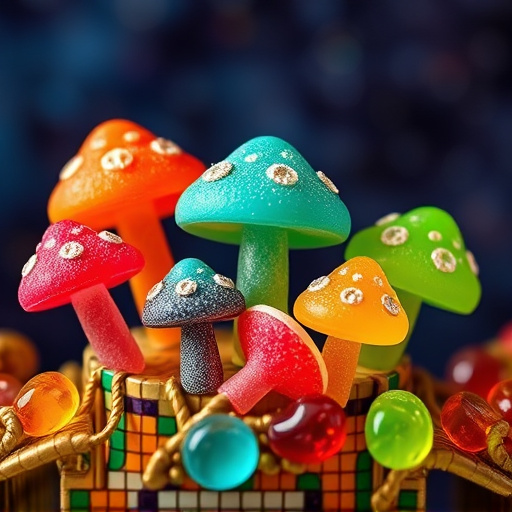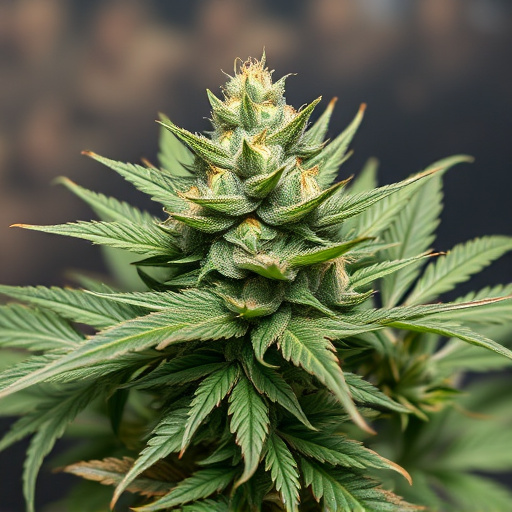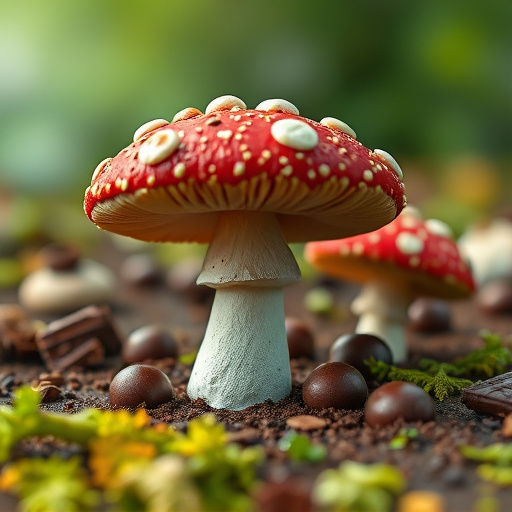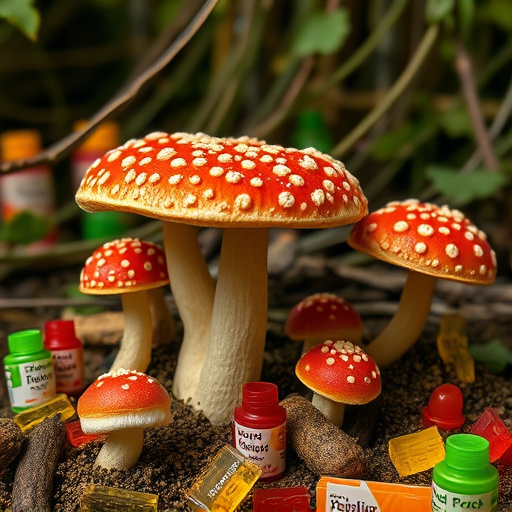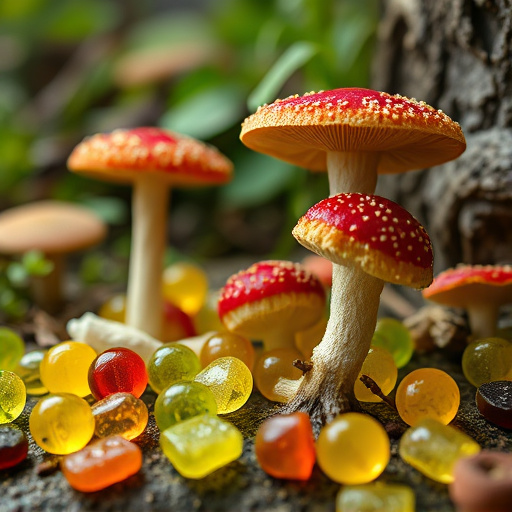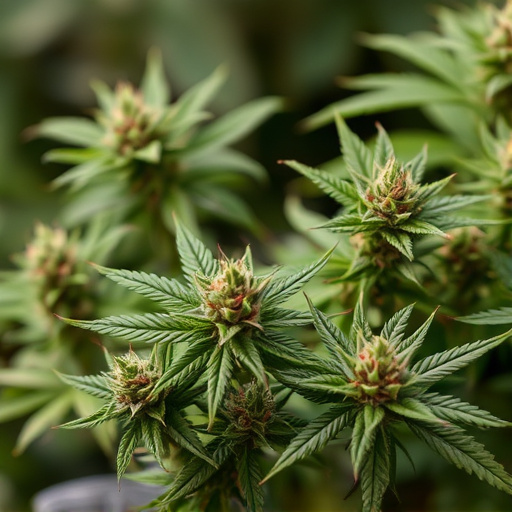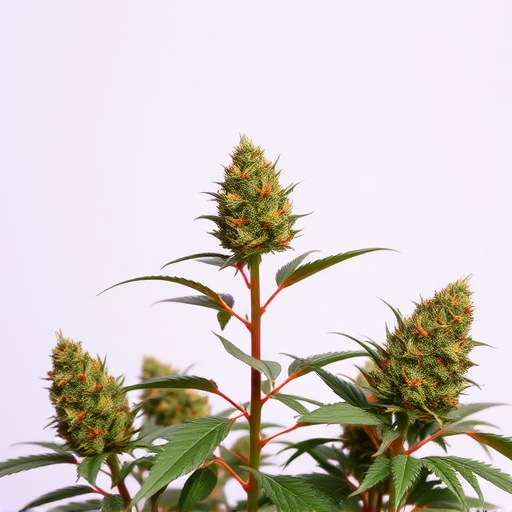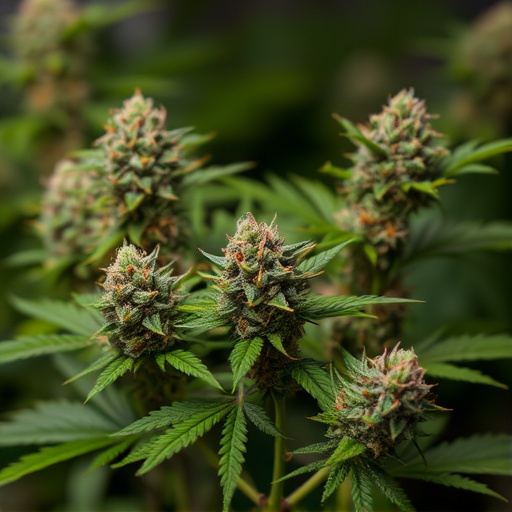Cannabis genetics are key to the diverse world of anxiety weed strains, influencing scent, taste, appearance, and therapeutic benefits. Preserving original genetics is vital for maintaining these distinct characteristics, especially for medical conditions like anxiety. Hybridization while creating new combinations, may alter these original traits, impacting the effectiveness of anxiety strains. Understanding cannabis genetics allows for tailored treatments, offering hope for natural mental health solutions through specific anxiety weed strains.
Cannabis genetics form the very foundation of modern strains, each with unique characteristics. This article delves into the intricate world of cannabis heritage, exploring how original genetics differ from hybridization. We uncover the significance of preserving unaltered traits and their impact on breeding. Furthermore, we focus on anxiety-relieving weed strains, tracing their genetic origins back to their roots. By understanding these complexities, growers and enthusiasts can appreciate the art behind crafting exceptional cannabis varieties, particularly those sought after for their calming effects.
- Understanding Cannabis Genetics: The Building Blocks of Strains
- Original Genetics vs. Hybridization: Preserving Unaltered Characteristics
- Exploring Anxiety-Relieving Weed Strains and Their Genetic Origins
Understanding Cannabis Genetics: The Building Blocks of Strains
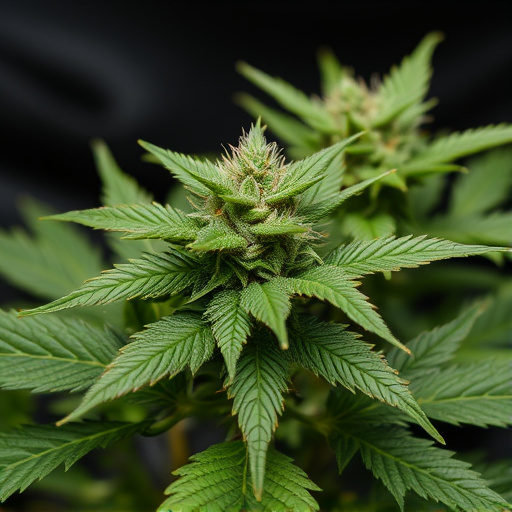
Cannabis genetics form the very foundation of the diverse world of cannabis strains. Understanding these genetics is key to unlocking the unique characteristics and effects that different varieties offer. Each cannabis plant possesses a distinct genetic makeup, which determines its physical attributes, such as scent, taste, and appearance, as well as its potential therapeutic benefits or recreational experiences.
The study of cannabis genetics reveals a complex web of traits passed down from generation to generation. Breeders carefully select and cross specific plants to create new strains, often targeting specific effects sought by consumers, like those looking for anxiety weed strains. By manipulating these genetic factors, breeders can develop hybrids with specific attributes, ensuring a tailored experience for various users.
Original Genetics vs. Hybridization: Preserving Unaltered Characteristics
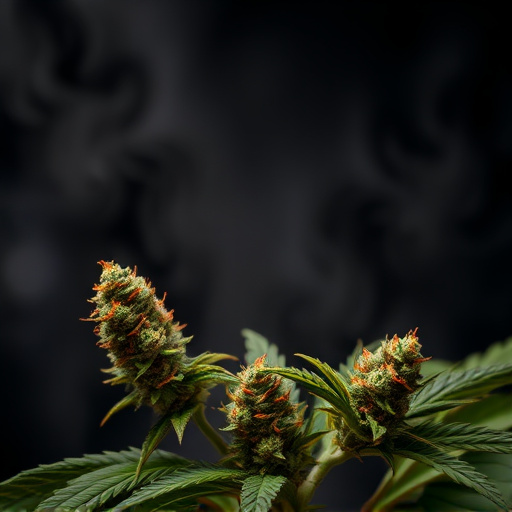
In the world of cannabis, understanding the distinction between original genetics and hybridization is paramount for preserving the unique characteristics that define each strain. Original genetics refer to the unaltered DNA of a specific cannabis plant, passed down from generation to generation without any artificial manipulation. This method ensures that the natural traits, including specific effects like anxiety relief, are intact and true to form.
On the other hand, hybridization involves crossing two distinct cannabis strains to create new varieties. While this process can lead to exciting new combinations of characteristics, it also carries the risk of altering the original genetics. In particular, anxiety weed strains that rely on specific terpene profiles and genetic makeup for their calming effects may lose some of these beneficial properties if not carefully cultivated through original genetics methods. Preserving unaltered genetics is thus crucial for maintaining consistent quality and effectiveness in cannabis strains sought after for conditions like anxiety.
Exploring Anxiety-Relieving Weed Strains and Their Genetic Origins
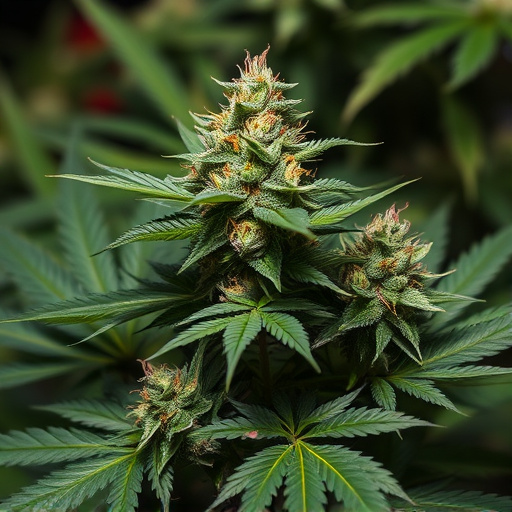
Anxiety can be a debilitating condition, but cannabis has emerged as a potential natural remedy for many seeking alternative treatments. Exploring anxiety-relieving weed strains offers a unique perspective on how specific genetic origins can impact mental health. Certain cannabis strains are renowned for their ability to induce feelings of calm and relaxation, making them popular choices for managing stress and anxiety.
The genetic makeup of these strains plays a significant role in their therapeutic effects. Breeders and researchers have identified various compounds within the cannabis plant, such as terpenes and cannabinoids, that contribute to the anxiolytic (anxiety-reducing) properties. For instance, strains high in cannabidiol (CBD), a non-intoxicating cannabinoid, have gained attention for their potential to alleviate anxiety without causing any psychoactive effects. Understanding the genetic diversity within cannabis allows for the development of tailored treatments, offering hope for those seeking natural solutions to manage their mental health.
Cannabis genetics play a pivotal role in shaping the diverse characteristics of modern strains, especially when it comes to specific medicinal benefits like anxiety relief. By understanding original cannabis genetics and preserving unaltered genetic lines, cultivators can offer consumers potent and effective anxiety weed strains with minimal chemical manipulation. This approach ensures that the unique properties of these plants remain intact, providing a reliable resource for those seeking natural remedies.

